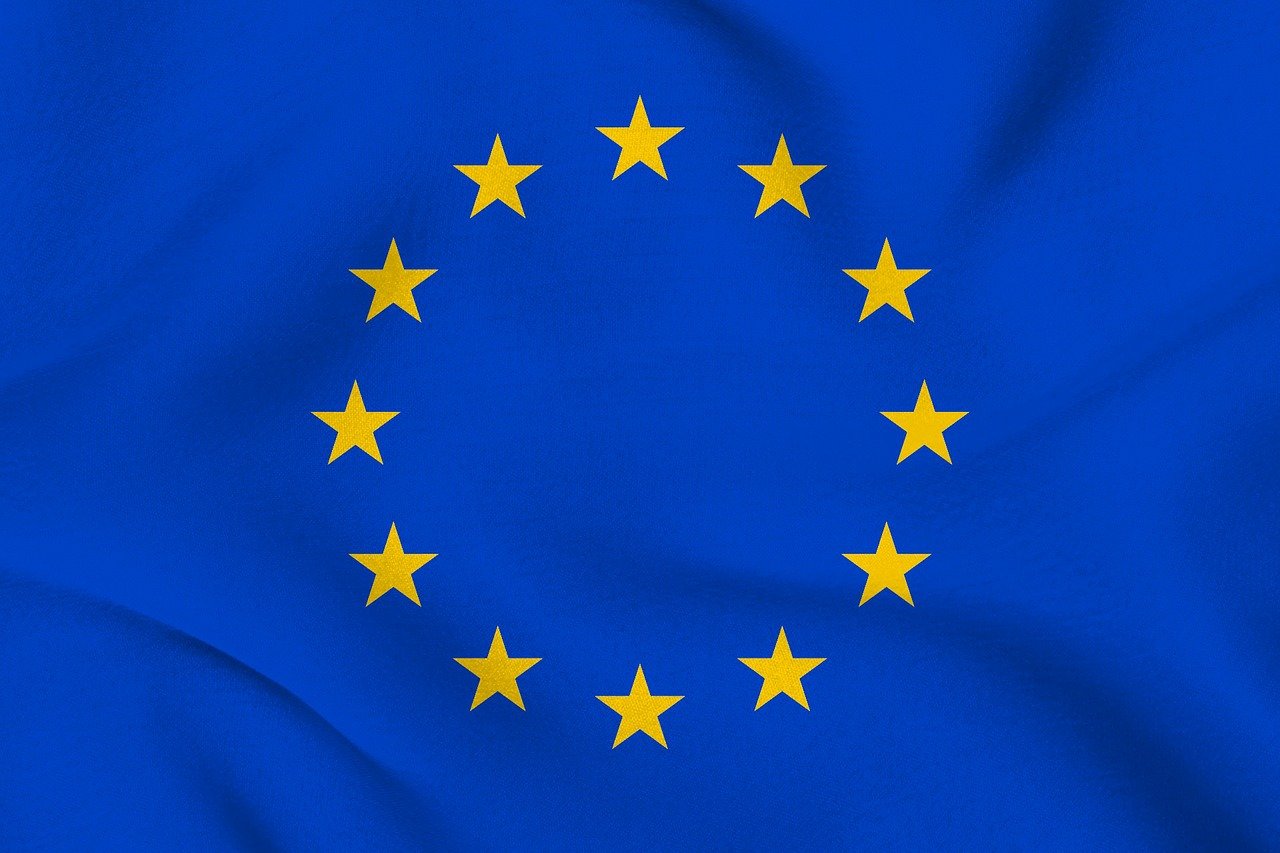New EU Guidelines Demand Strict Compliance from Crypto and Payment Providers
15.11.2024 20:00 1 min. read Kosta Gushterov
The European Banking Authority (EBA) has unveiled a set of guidelines aimed at ensuring that payment service providers (PSPs) and crypto-asset service providers (CASPs) comply with EU and national sanctions when facilitating fund or crypto transfers.
Released on November 14, these guidelines outline the necessary steps for these providers to align with the EU’s restrictive measures regimes, which are designed to prevent financial activities that may undermine the EU’s political and economic interests.
The EBA emphasizes the need for PSPs and CASPs to implement robust screening systems to detect and prevent any transfers that might violate these sanctions.
The guidelines stress that weaknesses in internal policies, controls, and procedures could lead to significant legal and reputational risks, as well as the potential circumvention of EU sanctions. Such failures could disrupt the EU’s financial stability and erode the effectiveness of these restrictive measures.
The guidelines will take effect on December 30, 2025, as part of broader EU reforms introduced in 2021 to improve the Anti-Money Laundering (AML) and Countering the Financing of Terrorism (CFT) framework.
These rules, which include new regulations on fund and crypto transfers, were adopted on June 9, 2023, and mandate the EBA to help financial institutions adhere to the new standards.
-
1
South Korea Elects Pro-Crypto Leadership, Paving Way for Digital Asset Reforms
04.06.2025 22:00 2 min. read -
2
California Sets Stage for Crypto Payments in Government Licensing
04.06.2025 18:00 2 min. read -
3
Crypto Bill Sparks Uproar Over Trump Ties and Regulatory Conflicts
06.06.2025 10:00 1 min. read -
4
EU Eyes DeFi Rules Without Defining What It Is
07.06.2025 18:00 2 min. read -
5
Switzerland Prepares to Join Global Crypto Tax Network by 2026
07.06.2025 20:00 1 min. read
Vietnam Charts a Clear Course for Digital Assets With New 2026 Law
Vietnam has passed a sweeping Digital Technology Industry Law that, for the first time, sets firm rules for cryptocurrencies and other virtual assets.
U.S. State of Connecticut Blocks Crypto from Public Sector Operations
Connecticut has made a clear move to keep digital assets out of government affairs.
Trump’s CFTC Pick Pledges Crypto Regulatory Clarity for Blockchain’s Future.
Brian Quintenz, President Trump’s selection to chair the Commodity Futures Trading Commission (CFTC), sees blockchain as a transformative force far beyond just finance.
Switzerland Prepares to Join Global Crypto Tax Network by 2026
Switzerland is gearing up to begin automatic crypto asset data sharing with over 70 countries, including all EU member states and the UK, as part of a broader push toward international tax transparency.
-
1
South Korea Elects Pro-Crypto Leadership, Paving Way for Digital Asset Reforms
04.06.2025 22:00 2 min. read -
2
California Sets Stage for Crypto Payments in Government Licensing
04.06.2025 18:00 2 min. read -
3
Crypto Bill Sparks Uproar Over Trump Ties and Regulatory Conflicts
06.06.2025 10:00 1 min. read -
4
EU Eyes DeFi Rules Without Defining What It Is
07.06.2025 18:00 2 min. read -
5
Switzerland Prepares to Join Global Crypto Tax Network by 2026
07.06.2025 20:00 1 min. read


